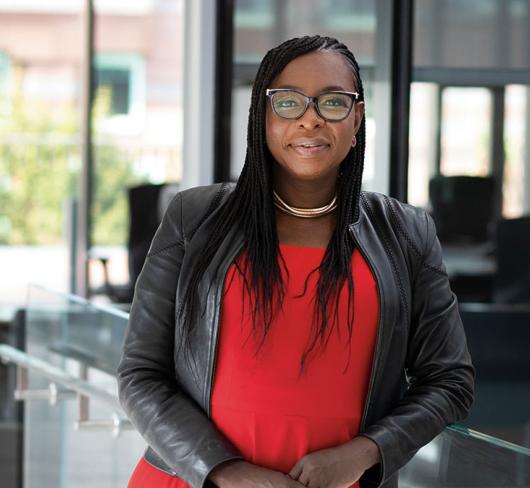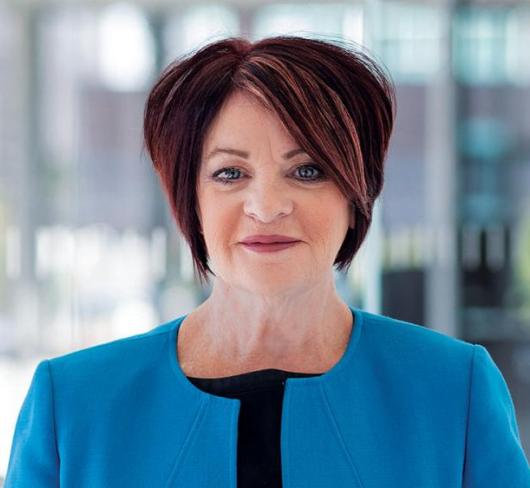What Becomes Official Knowledge in Our Schools? Paying Attention to What and How We Teach (Equity and Women's Services)
As educators we are skilled, reflective professionals. Building knowledge is our business. Ministry of Education mandates provide the structured guidelines we follow, yet several questions come to mind when we think about the official curriculum of our schools and the pursuit of equity and inclusion:
- What is the knowledge we seek to build in our schools and communities?
- How do we select what knowledge is emphasized?
- How do we deliver it?
Educational theorist Michael Apple offers three ways of classifying the kinds of knowledge that we want students to learn. He explores the concept of “knowledge” through three key words: that, how, and to. Knowledge that is factual information, such as the capital city of a country. Knowledge how focuses on building skills, such as knowing how to use a library or how to inquire into a specific topic, such as a country’s history of unionization. Knowledge to is dispositional knowledge, and often includes norms and values that guide our conduct. Examples of knowledge to include knowing to be honest, to have pride in one’s racial heritage, to be a life-long learner, or to be intellectually open-minded.
When processes of knowledge-building focus too much on knowledge that, what is taught may be reshaped to be safe and less controversial. In short, knowledge takes on a less critical stance, yet we expect critical learners to emerge from our schools.
For over 10 years ETFO members have been coming together to create a variety of curriculum support resources focused on social justice, with the goal of broadening the scope of equity in our schools. Members also produce a wide range of workshops that build skills that promote equity and inclusion. The ideas come from members who pay close attention to the lived experiences of the students they teach and identify key concepts related to equity and social justice. When members come together to write curriculum or create workshops, they work to widen the scope of official knowledge by emphasizing Apple’s classification of knowledge how and knowledge to.
Two ETFO members offer glimpses into ways in which the official curriculum of our schools is strengthened by including their personal experiential knowledge as well as by incorporating diverse learning experiences that support the official curriculum.
Shernett Martin
“I am a desperate seeker of truth. However, I understand that one person’s truth may differ from another’s. The more I know about a particular topic, historical event, or issue, even the ones that challenge my views, the more extensive is my understanding as well as my ability to act, speak out, organize, and make a difference. When teachers open the vault of critical teaching and impart to their students permission to explore, investigate, and think critically, we empower students to deepen their learning."
“I am a community worker who became a teacher. The work I was doing with young people in the community led me to the classroom where, I felt, I could be a greater agent of change. I take into the classroom my years of community service and my views about equity, and social justice. These views shape not only my classroom instruction, but my teaching practice and relationships with my students and colleagues. It is these views that I hope are preparing my students to question the hows and the whys, and to in turn seek their own truth and become unabashed in sharing their knowledge.”
Larry Beardy
“I have worked with teachers and students from kindergarten to university level. How I teach, how I model, and how I encourage others to learn and teach follows a basic principle. I say,
‘Listen to yourself, your teachings, experiences, knowledge and gifts from within that are real and true.’ What I mean is that the passion and expertise for building knowledge lie within each of us."
“Knowledge comes from our ability to listen and learn in every sense and goes beyond words, visuals, audio, and actions. My greatest strengths as a person, teacher, and team player have been the gifts and skills I was given by others around me, including my elders, friends, colleagues, family, and community. I try to find ways to share my gifts with my students. I teach them about the gift of listening and the usefulness of storytelling as a powerful and traditional way of teaching and learning. I share the importance of the arts in engaging in challenging issues related to social justice. I share the relevance of using my Native language in situating my cultural identity. Travel and prior experiences have also contributed to the knowledge I bring to situations. Personal connections we make with our students can enrich our lives and help us to teach in more meaningful ways. In summary, teaching is learning, learning is building knowledge, and knowledge grows through living.”
Source
Apple, Michael, with Susan Jungck. “Whose curriculum is this Anyway?” Official Knowledge: Democratic Education in a Conservative Age. new York: Routledge, 1993, 118-42.

